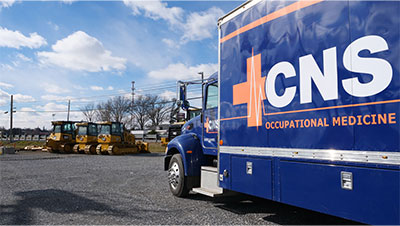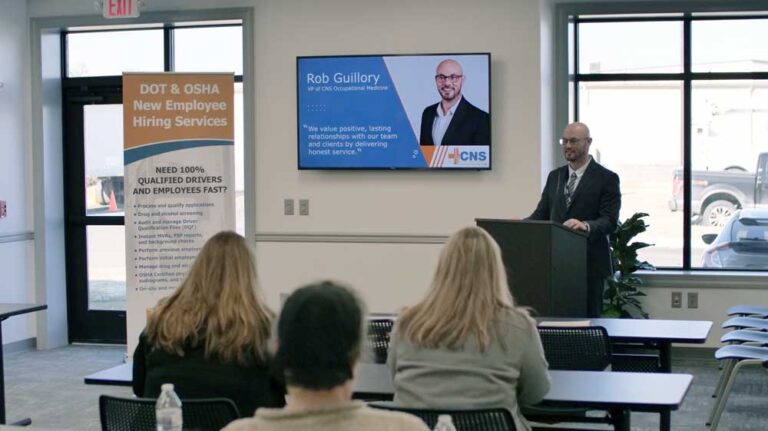According to studies from the National Association of Professional Background Screeners, more than 90% of employers do some type of criminal background check on applicants, and they can reject you if you have a record.
Having any type of criminal record, like over 70 million Americans do, can make it hard finding a job, even for small crimes like marijuana possession.
On Thursday, Biden pardoned all prior federal offenses of simple marijuana possession, a move that would affect more than 6,500 individuals. They also said there are currently no Americans serving prison time solely on federal simple marijuana possession charges.
As part of the announcement, Biden also encouraged governors to take similar steps to pardon state simple marijuana possession charges, a move that would potentially affect many thousands more Americans.
So, how does this affect workers and employers across the country?
What is the difference between expungement and record sealing?
During Biden’s presidential campaign, he said “No one should be in jail because of marijuana. As President, I will decriminalize cannabis use and automatically expunge prior convictions.”
Although record sealing and expungement are similar in their goal, they are two very distinct processes, especially in Pennsylvania.
Record sealing means that your records are kept secret from the public and cannot be accessed except in specific circumstances.
Record expungement refers to the destruction of all records related to your arrest or charge except for use by law enforcement agencies. Having an expunged or sealed record means you can legally say you were not arrested or convicted when applying for a job.
In almost all situations, expungement and record sealing have the same effect in removing incriminating information from public records and background checks.
Biden’s pardons will be issued through an administration process overseen by the Justice Department and those eligible for the pardons would receive a certificate showing they had been officially forgiven for their crime.
What about descheduling marijuana?
The moves Biden announced Thursday stop short of full decriminalization. During the announcement, the President said they will task the Department of Health and Human Services and Attorney General Merrick Garland to “expeditiously” review how marijuana is scheduled under federal law.
Federal laws still follow the Controlled Substances Act of 1970, which classifies marijuana as a Schedule 1 drug, meaning it has “no currently accepted medical use and a high potential for abuse.” For employers, this means all federally regulated, and many safety-sensitive, employees are drug tested for marijuana.
“No one should be in jail just for using or possessing marijuana,” Biden said. “It’s legal in many states, and criminal records for marijuana possession have led to needless barriers to employment, housing, and educational opportunities. And that’s before you address the racial disparities around who suffers the consequences. While white and Black and brown people use marijuana at similar rates, Black and brown people are arrested, prosecuted, and convicted at disproportionate rates.”
“Too many lives have been upended because of our failed approach to marijuana. It’s time that we right these wrongs,” the President said.
In his statement, Biden wrote that certain rules on marijuana would remain in place, even if the drug is descheduled.
“Even as federal and local regulations of marijuana change, important limitations on trafficking, marketing, and under-age sales should stay in place,” he said.
As the country weighs decriminalization of marijuana, employers need to make sure they understand and follow local, state and Federal laws surrounding drug testing. For example, some states do not allow termination of employment for the first offense when tested positive for any drug.
Also, if employees are drug tested for marijuana, provide educational materials on how marijuana affects the body and the risks of impairment at work and update your managers on reasonable suspicion training.
For more information, contact us at 800.551.9816 or info@cnsoccmed.com.










